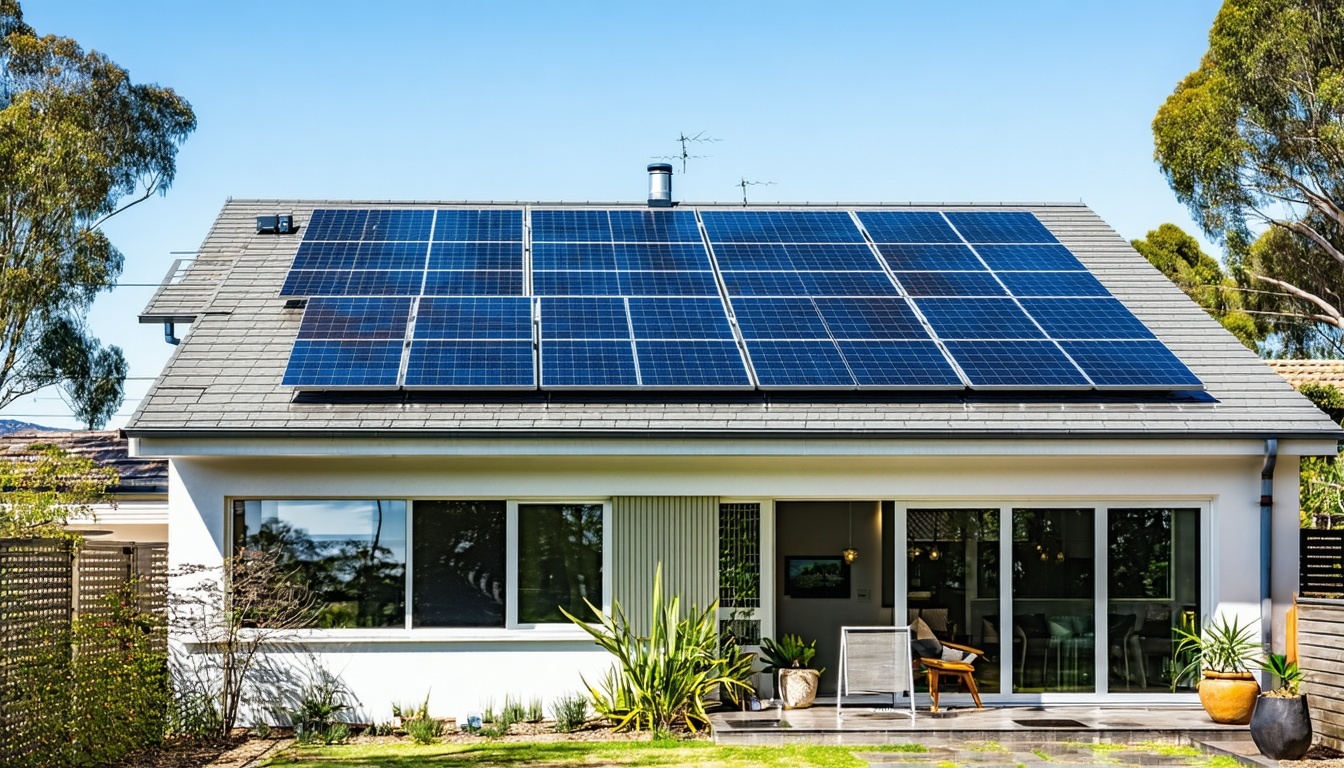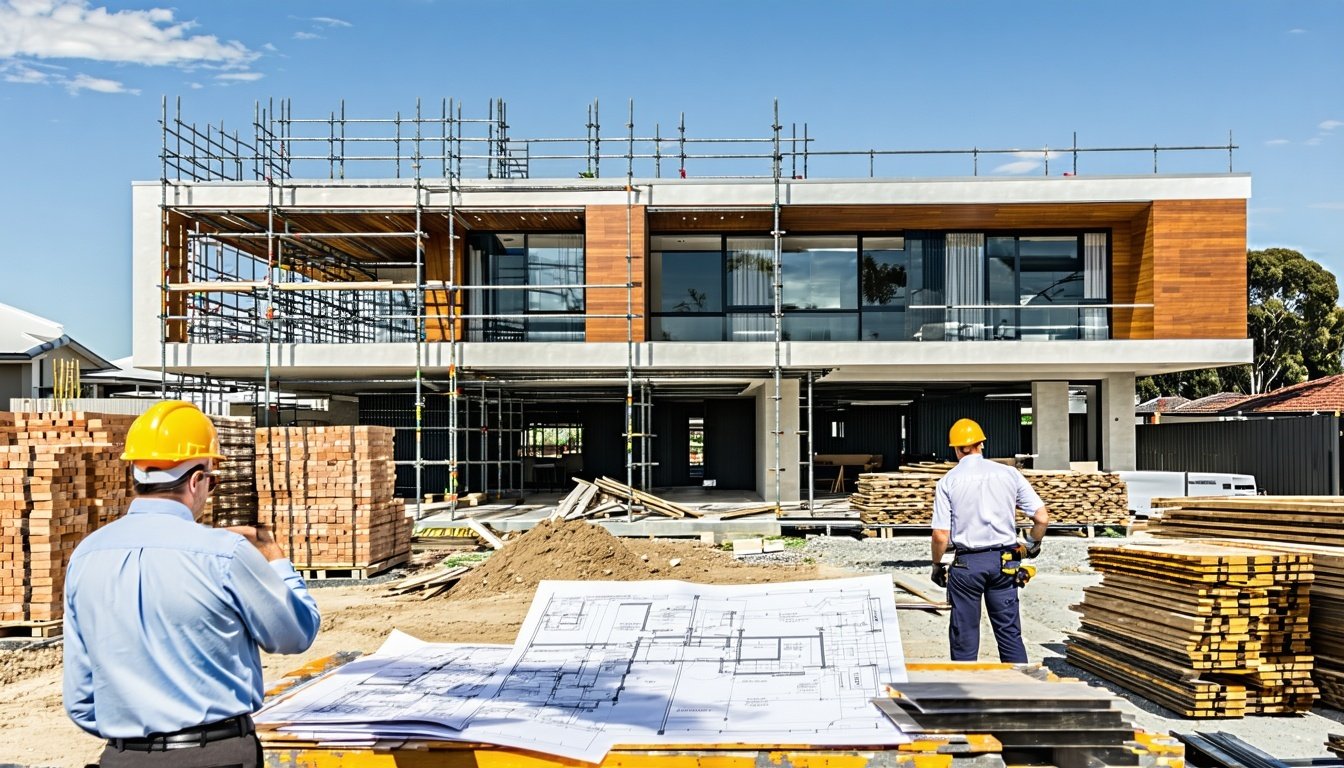Navigating the intricacies of BASIX certification costs can be daunting for homeowners and builders alike. This blog delves into whether the investment in a BASIX certificate is truly justified by the long-term benefits in energy and water savings, compliance, sustainability, and resale value.
Understanding BASIX Certification and Its Importance
The Building Sustainability Index (BASIX) is a critical initiative in New South Wales aimed at reducing water consumption and greenhouse gas emissions across residential buildings. It mandates that all new homes, renovations, and multi-dwelling developments meet specific energy and water efficiency targets. Compliance with BASIX is not just a regulatory requirement but a commitment to sustainable living, ensuring that properties are environmentally friendly and resource-efficient.
Achieving BASIX certification involves meeting benchmarks in three key areas: water, thermal comfort, and energy. The process includes the submission of a BASIX certificate with your development application, demonstrating that the proposed design meets the necessary sustainability criteria. This certification is a crucial step in fostering a more sustainable future while also aligning with governmental and community expectations.
Breaking Down the BASIX Certificate Cost
Understanding the cost of obtaining a BASIX certificate is essential for any construction project. The cost can vary depending on the complexity of the project and the specific sustainability measures required to meet BASIX targets. Generally, the cost includes the fee for the BASIX assessment, which ranges from a few hundred to several thousand dollars, depending on the scale and scope of the project.
In addition to the assessment fee, there may be additional costs associated with implementing the necessary design changes or upgrades to meet BASIX requirements. These could include installing energy-efficient lighting, rainwater tanks, or advanced insulation materials. While these costs can add up, they are often offset by the long-term savings in utility bills and the increased value of a compliant, sustainable property.
Cost-Benefit Scenarios: New Home Builds, Renovations, and Duplexes
For new home builds, the upfront cost of BASIX certification and compliance can be integrated into the overall project budget. For instance, a new home might require an investment of around $5,000 to $10,000 to achieve BASIX certification. However, this investment can be recouped over time through lower energy and water bills, enhancing the home's market appeal and resale value.
Renovations present a different scenario. The cost of retrofitting an existing home to meet BASIX standards can vary widely depending on the extent of the renovations and the current efficiency of the home. For example, a major renovation costing $100,000 might have an additional $10,000 allocated for BASIX compliance. The long-term benefits, including improved comfort and lower operational costs, make this investment worthwhile.
For duplexes and multi-dwelling developments, the BASIX certification cost is typically higher due to the scale of the project. However, the per-dwelling cost can be lower when spread across multiple units. A duplex development might see a BASIX compliance cost of $15,000 to $20,000, which can be balanced against the enhanced marketability and rental yield of sustainable, compliant properties.
The Long-term Benefits: Energy and Water Savings
One of the primary advantages of BASIX certification is the significant reduction in energy and water consumption. Homes designed to meet BASIX standards typically achieve up to 40% reduction in water usage and significant energy savings through improved insulation, efficient heating and cooling systems, and solar power integration.
These savings translate into lower utility bills, providing a direct financial benefit to homeowners and tenants. Over the lifespan of the building, these savings can amount to thousands of dollars, effectively offsetting the initial cost of BASIX compliance. Furthermore, the reduced environmental footprint contributes to broader sustainability goals and enhances the overall quality of life for occupants.
Enhancing Property Value through Sustainability and Compliance
Properties that achieve BASIX certification are often more attractive to buyers and investors due to their sustainability credentials. A BASIX-compliant home signals a commitment to energy efficiency, water conservation, and overall environmental responsibility. These attributes are increasingly valued in the real estate market, where buyers are willing to pay a premium for sustainable features.
Additionally, compliance with BASIX can enhance the resale value of a property. Homes that offer lower operational costs and improved comfort levels are highly sought after, making them more competitive in the market. For developers and builders, demonstrating a track record of BASIX-compliant projects can also enhance their reputation and marketability, attracting more clients and business opportunities.







